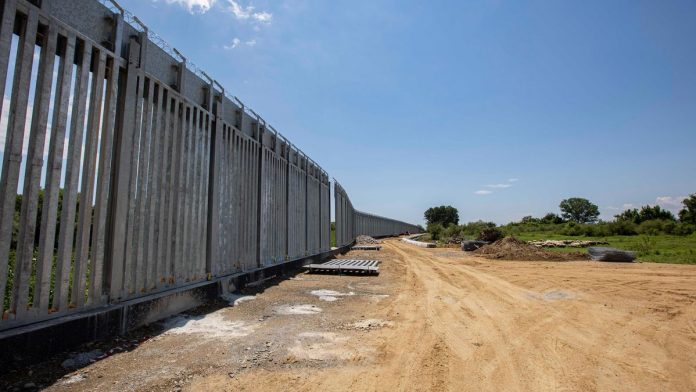Грецький уряд продовжує реалізовувати масштабний проект з будівництва паркану на кордоні з Туреччиною, незважаючи на критику з боку Європейської комісії та скептичну реакцію опозиційних сил. Ця ініціатива має на меті зупинити нелегальний потік мігрантів, однак політичні суперечки навколо неї загострюються.
Роль опозиції та критика
Опозиційні партії Греції критикують уряд за самостійне фінансування будівництва без підтримки ЄС. Вони вважають, що подібні ініціативи можуть посилити напруженість на кордоні з Туреччиною, зокрема в контексті міграційної кризи. Деякі політики також зазначають, що замість витрачання значних коштів на паркан, уряд повинен шукати дипломатичні рішення та співпрацювати з європейськими партнерами для вирішення міграційної проблеми.
Європейська комісія наполягає на альтернативних рішеннях
Європейська комісія, хоча й визнає важливість захисту зовнішніх кордонів ЄС, неодноразово висловлювала сумніви щодо ефективності парканів. Представники Комісії наполягають на тому, що фінансові ресурси мають бути спрямовані на більш “розумні” рішення, такі як покращення контролю за міграцією та забезпечення дотримання прав людини.
Позиція уряду Греції
Прем’єр-міністр Кіріакос Міцотакіс нещодавно підтвердив, що Греція завершить будівництво паркану “з Європою або без неї”, підкресливши, що питання національної безпеки є пріоритетом для країни. Проєкт, який почався ще у 2012 році, фінансується здебільшого за рахунок грецького бюджету, оскільки ЄС обмежив фінансову підтримку подібних ініціатив.


